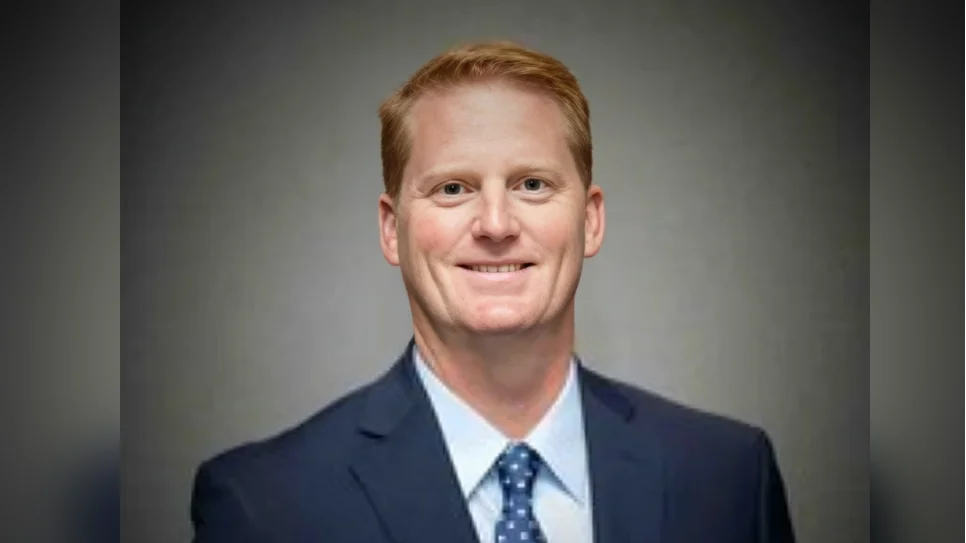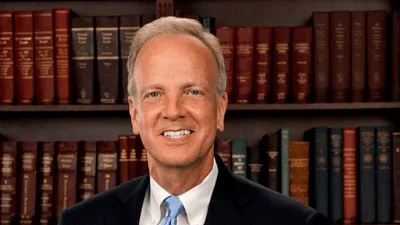Dan Murray Kansas State Director NFIB | Official Website
Dan Murray Kansas State Director NFIB | Official Website
Job openings among small business owners reached their lowest level since December 2020, according to the National Federation of Independent Business (NFIB) July jobs report. The survey found that 33% of small business owners reported unfilled job openings in July, a decrease of three points from June but still above the historical average of 25%.
Chief Economist Bill Dunkelberg commented on the findings: “The challenge of finding qualified workers is easing overall but still remained significant for many small business owners in July. The easing labor market pressures are also reflected in fewer firms raising compensation.”
Labor quality remains a key concern, with 21% of respondents identifying it as their top problem—an increase of five points from June and the largest monthly rise since August 2022.
Dan Murray, NFIB State Director, addressed the local impact: “While our members are feeling a little less uncertain, finding the right applicants to fill open positions remains a huge challenge. Without the right employees, it’s harder for our small business owners to meet their customers’ needs.” The NFIB did not provide state-specific data for Kansas.
In July, 57% of small business owners said they were hiring or trying to hire, down one point from June. Of those attempting to fill positions, 48% reported few or no qualified applicants—a two-point drop from the previous month. Specifically, 29% cited few qualified applicants while 19% noted none at all.
Openings for skilled workers accounted for 29%, down one point from June; unskilled labor openings made up 12%, also down one point.
Sectors with the most job openings included construction, wholesale, and transportation. Openings were lowest in finance and agriculture.
Looking ahead, a seasonally adjusted net 14% of owners plan to create new jobs over the next three months—up one point from June and higher than the historical average of net 11%.
Compensation trends also shifted: a seasonally adjusted net 27% reported raising pay in July (down six points), while a net 17% expect to raise compensation within three months (down two points). Labor costs as a primary concern fell by one point to nine percent compared with June.
For further details on national employment trends among small businesses this summer, readers can view the entire NFIB Jobs Report.




 Alerts Sign-up
Alerts Sign-up